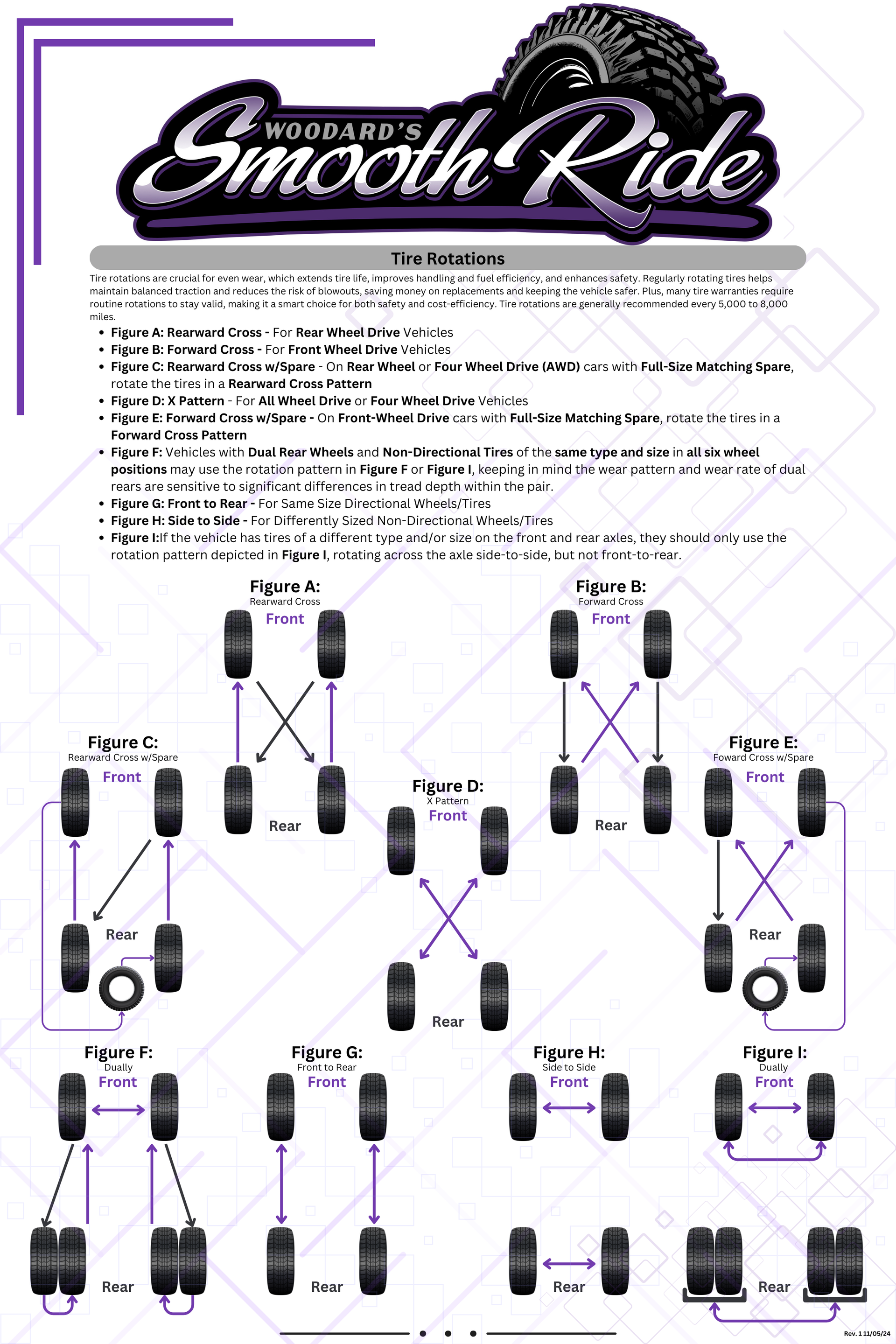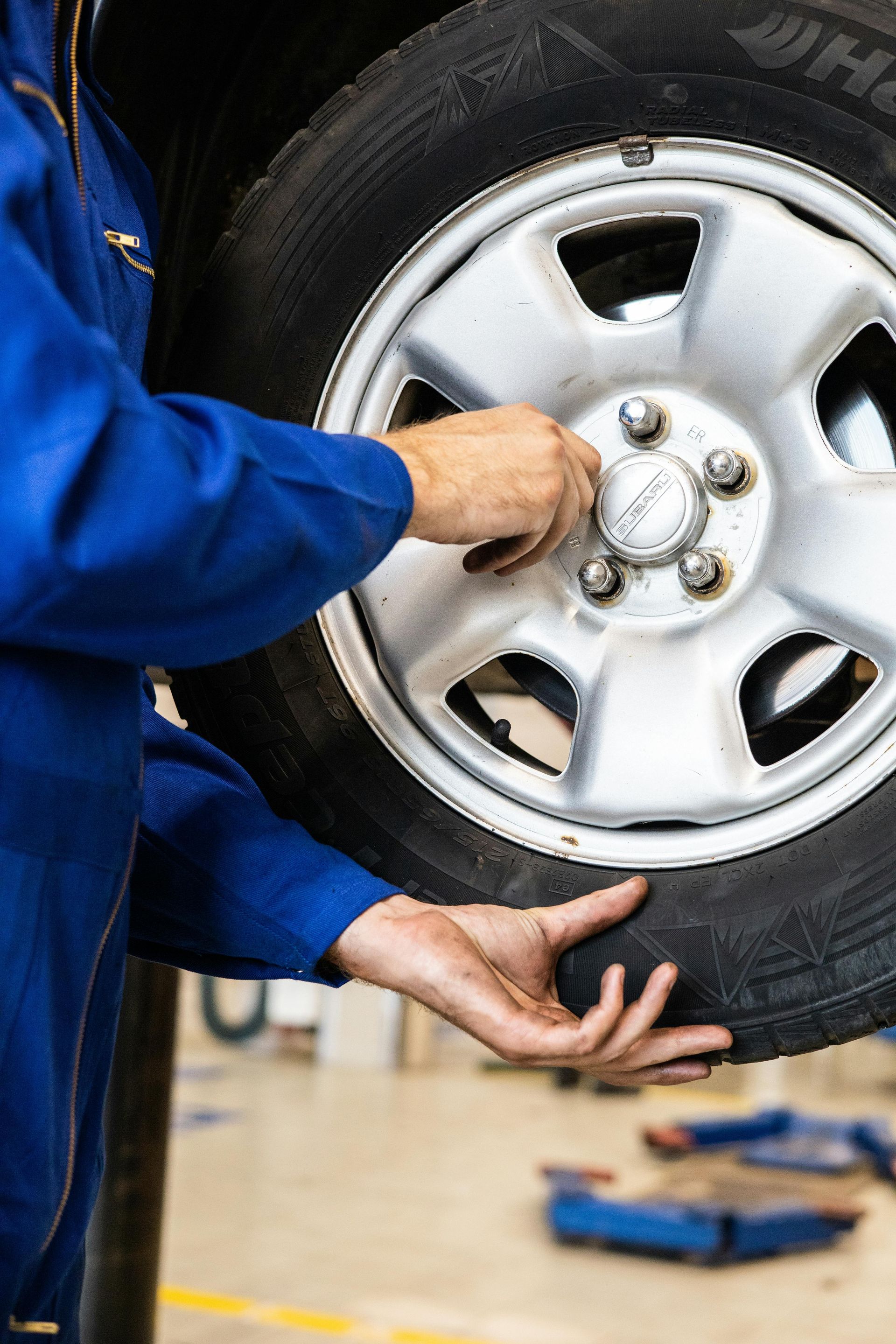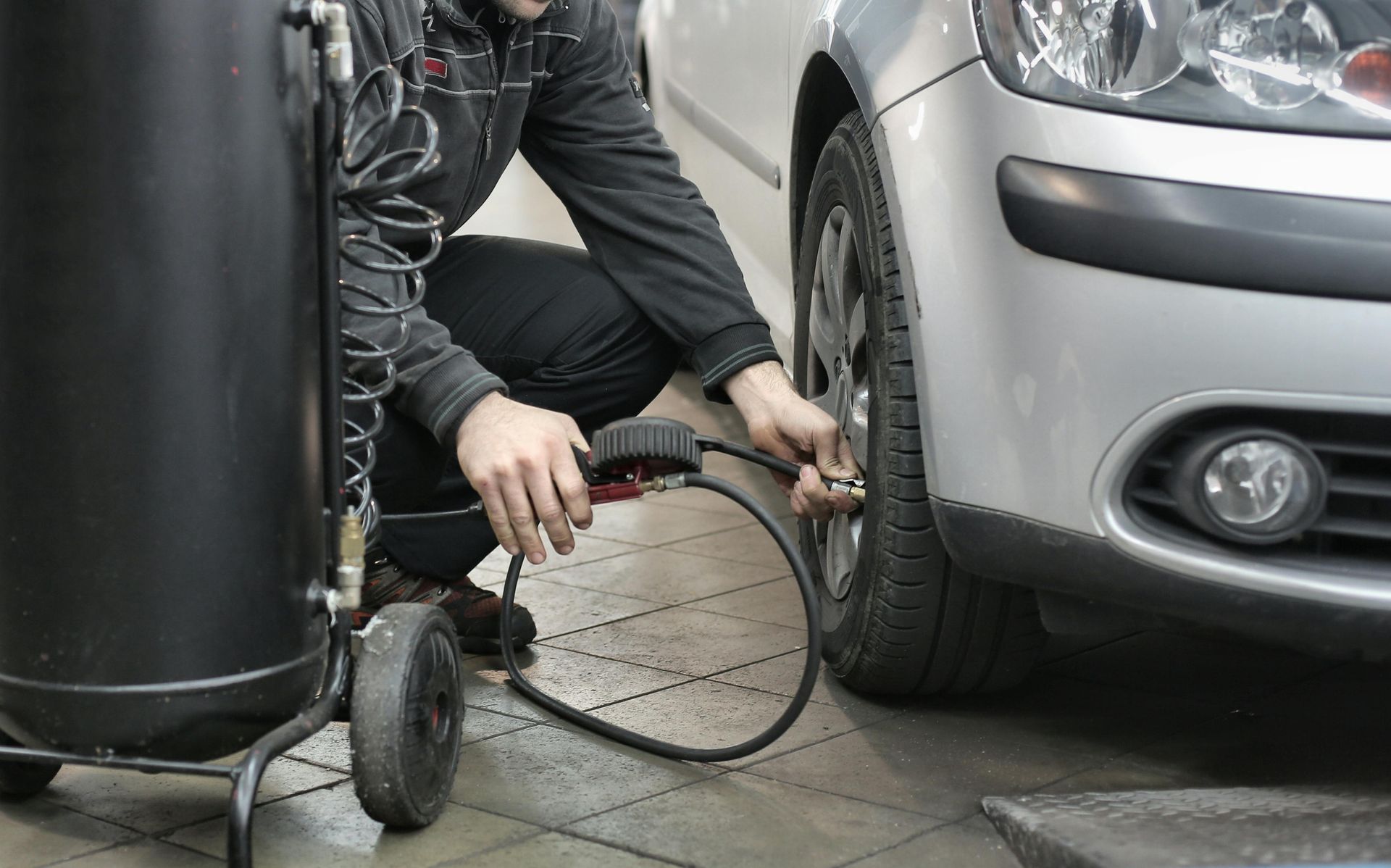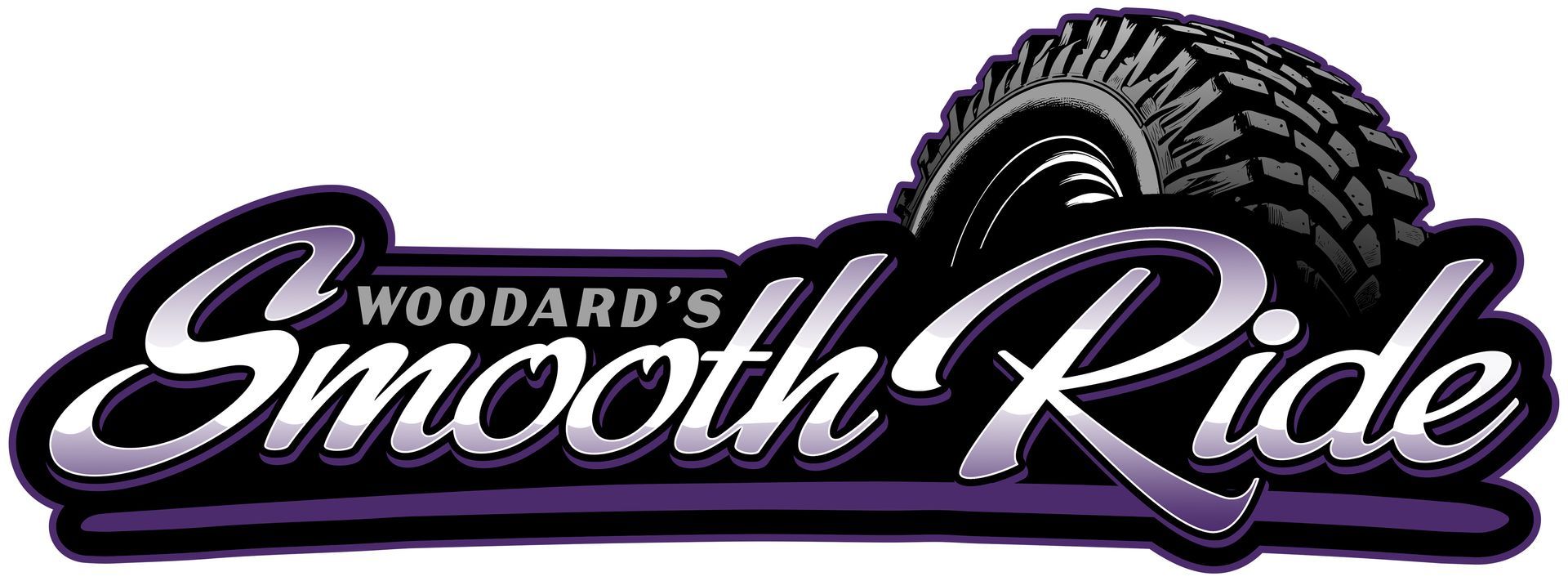Why Tire Rotations Are Important for Your Vehicle
Tire Rotations

Tire rotations might not seem like the most exciting part of vehicle maintenance, but they play a critical role in keeping your car, truck, or SUV running smoothly and safely. At Woodard's Smooth Ride, we often remind customers that regular tire rotations can extend the life of their tires, improve overall performance, and save them money in the long run. Here's why tire rotations should never be overlooked:
1. Even Tire Wear
2. Improved Handling and Safety
3. Better Fuel Efficiency
4. Maximize Tire Life
5. Warranty Protection
How Often Should You Rotate Your Tires?
At Woodard's Smooth Ride, we recommend rotating your tires every 5,000 to 7,000 miles or whenever you have an oil change. However, your vehicle’s manual may have specific recommendations based on your car’s make, model, and driving habits. If you're unsure, our team is always here to help!
Trust Woodard's Smooth Ride for Your Tire Rotations
Tire rotations are a small but essential part of keeping your vehicle in peak condition. At Woodard's Smooth Ride, we take pride in helping our customers get the most out of their tires. Whether it’s routine maintenance or tire replacement, we’re here to keep your car running smoothly, safely, and efficiently.
Schedule your next tire rotation today and let us help you stay ahead of the wear and tear!
Why Wait? Extend the Life of Your Tires! Call us at (615)325-9390, visit us at our shop, or book your appointment online. Let Woodard's Smooth Ride keep your tires rolling strong.









